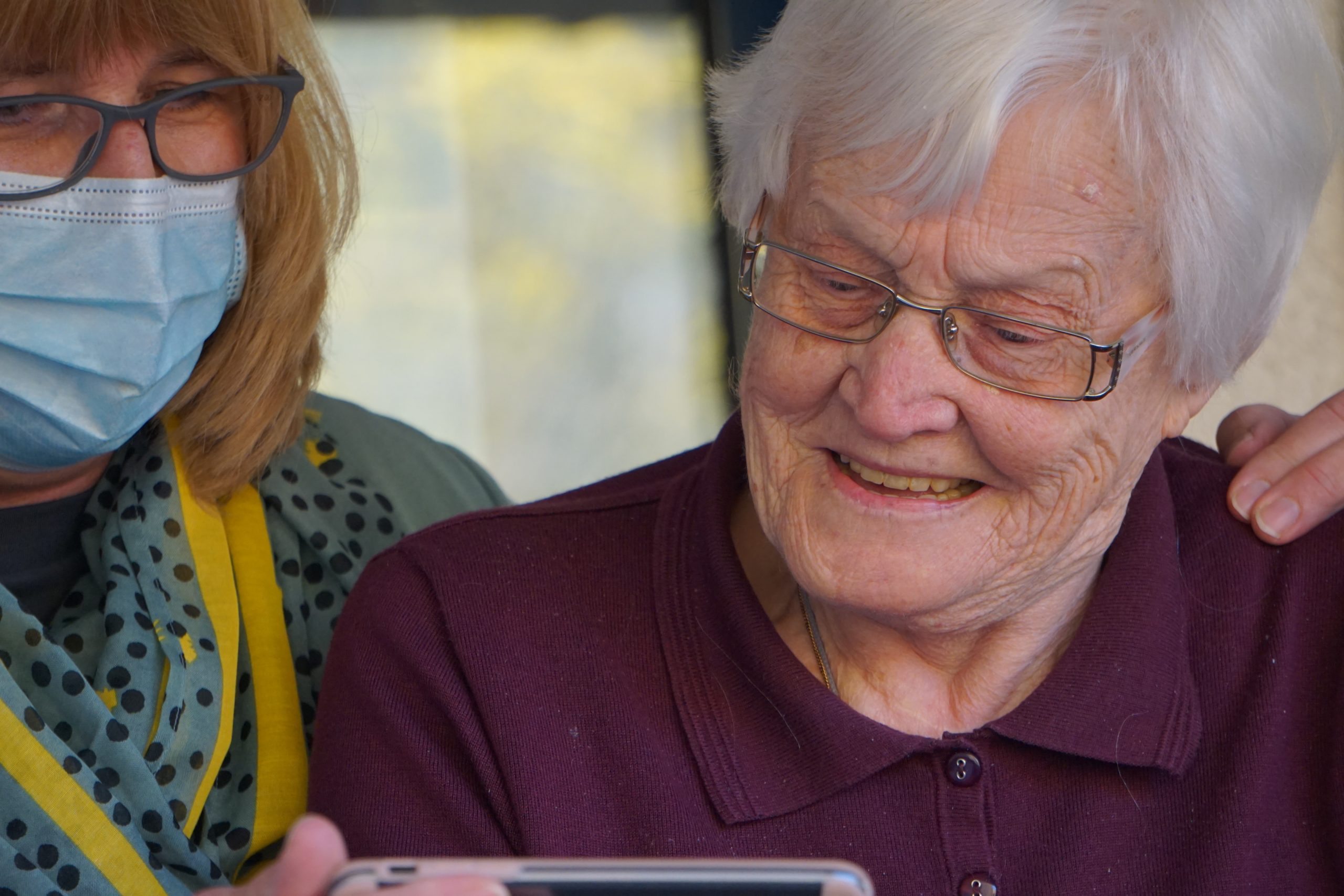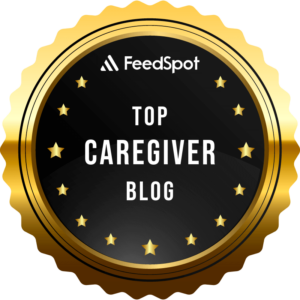
Published on:
“It’s the most wonderful time of the year,” sings Andy Williams in his well-known Christmas song, one of my personal favorites. The holiday season usually marks a time of happiness, togetherness, faith, hope, and thankfulness. But this year things might be a little different with the threat of COVID-19 and the measures you must take to reduce the risk of transmission. If you’re a caregiver, you have a particularly daunting challenge: not only must you look out for yourself, but you must also protect your vulnerable loved one.
In addition to following public health guidelines of mask-wearing, hand washing, and social distancing, I’d like to offer five tips especially for caregivers in this unusual holiday season.
- Recognize that your loved one needs you now, more than ever. No matter how difficult the situation may be, this isn’t the time to step away from caregiving. Your loved one’s vulnerability is even greater in a COVID-19 world, and you are positioned to have a major impact on your loved one’s safety and wellbeing.
- Focus on what you can control, not what you can’t control. Caregiving regularly reminds you that you have limited control over things like your loved one’s condition, treatment, or prognosis. As if that wasn’t enough, the current COVID-19 crisis may make you feel as if life itself has spun out of your hands. Despite such uncertain circumstances, your sustained efforts to address things you can control will allow you and your loved one to lead the best lives possible at the present time.
- It’s still okay for you to get help with the tasks of caring. Caregivers often feel a responsibility to “go it alone” in helping a loved one. A woman I met during a podcast last week called this a form of sacrificial love. However, if you’re sacrificing so much that you’re barely hanging on, then it’s time to give yourself permission to get help. By “sharing the caring” you’ll find some welcome relief—just make sure that those who offer assistance are also doing their part to keep your loved one safe.
- By caring for yourself you’re better prepared to care for others. As a caregiver, you may be so focused upon the needs of your loved one that you fail to take care of yourself. If you neglect your own needs, you can experience significant physical, mental, or emotional challenges of your own. Good self-care habits will make it easier for you to stay healthy and strong for your loved one who depends on you.
- Interacting with your loved one during a COVID-19 holiday season may be different, so learn to adapt and step up your efforts. The public health measures to address the pandemic have contributed to unintended consequences of loneliness and social isolation for vulnerable people. If your loved one is feeling such emotional effects during the holidays, find permissible ways to brighten their day and raise their spirits. While you may not be able to show love in your preferred manner, your sustained efforts to be there will let your loved one know how much you still care.
Posted in Aging Parents, Caregiving, Eldercare, Family Caregiving






